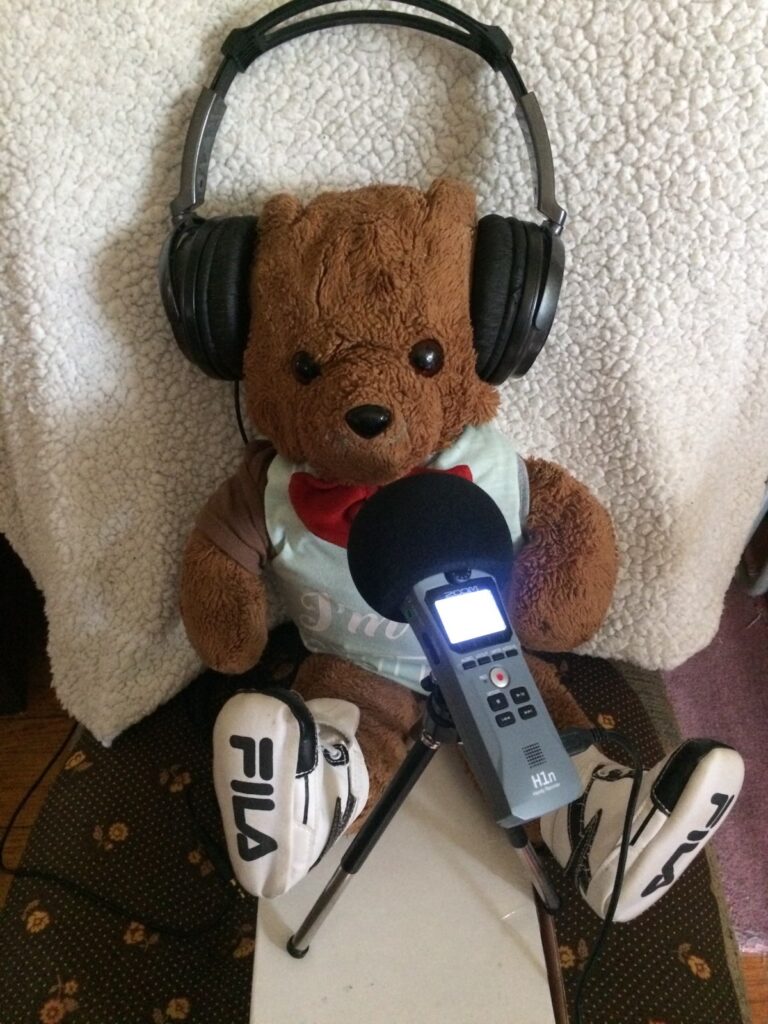Podcast: Play in new window | Download

In this episode of The Podcast Reporter show, we deliver our plans to check out Podcast Movement Evolutions 2022 conference in Los Angeles, California, in late March, 2022.
Now, I have been an advocate and supporter or the conference since its inception in 2014 by Hall-of-Fame podcaster, Gary Leland. In addition to contributing to the crowdfunding program, I was also a speaker at this Dallas event.
In addition, the last podcast conference in which I did present was in Las Vegas in 2015 at the New Media Expo. My session was about podcasting for service groups and non-profit organizations.
But for this event, I will be taking a page out of the book of Dave Jackson of The School of Podcasting. What he did in 2013 at the New Media Expo was NOT purchase a ticket to be an attendee or presenter; rather, he stood outside the exhibit hall and other areas where you needed a badge to enter. In those days, there were more events that were open to everyone — such as keynotes, speed-interviews, etc., where anyone could attend. So Dave told me in an interview during that show in Las Vegas that he got more out of being a non-presenter or a non-attendee in person. He said that having all this free time enabled him to meet people in the hall and outside the exhibit hall and renew older relationships or generate new relationships, as well as do interviews and get the “buzz” from the attendees that did want to meet him in person.
So I will do the same at this conference, to the extent that it is limited. I do plan to meet with Dave Jackson, as I had scheduled to be with him ahead of time — and we can do an interview in the lobby or the restaurant or coffee shop of the hotel. I hope to schedule the same with pundits such as Paul Colligan, Todd Cochrane, Rob Greenlee, Rob Walch, Gordon Firemark and others. We shall see.
But of all the interviews that I perform, we hope to deliver to you interesting trends and directions of podcasting, as well as new innovations that will be interesting for you, my audience.
Thus, stay tuned for upcoming bonus episodes that will deliver to you the information from the Podcast Movement Evolutions 2022 conference.
Thank you for your attention.
Copyright (c) 2022, Matrix Solutions Corporation and PodcastMovement.com and michaelandmike.com. All rights reserved.










